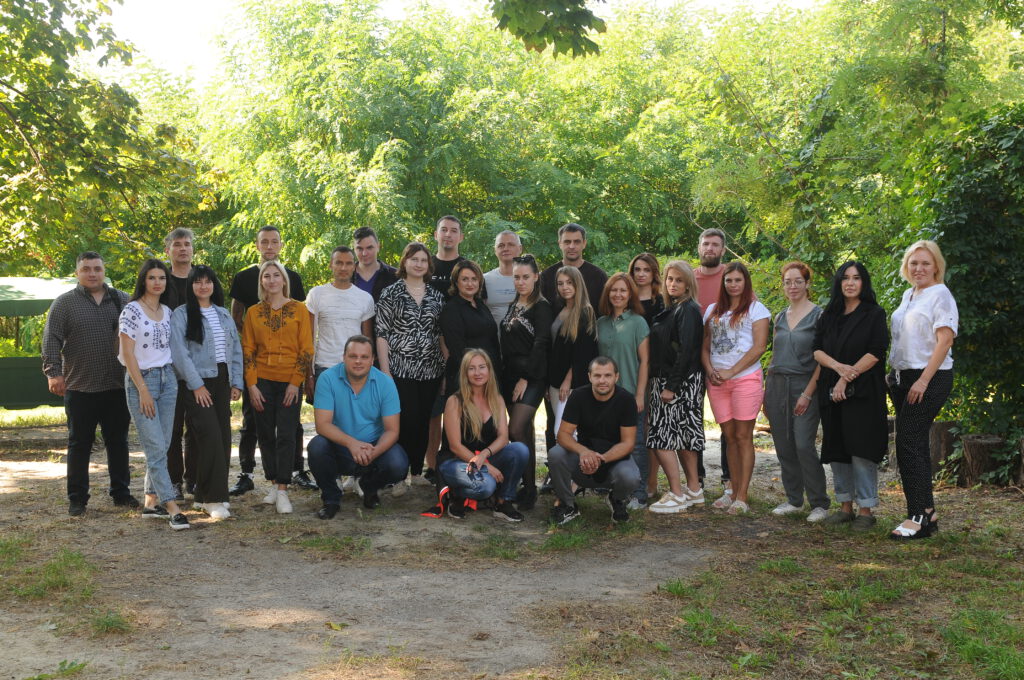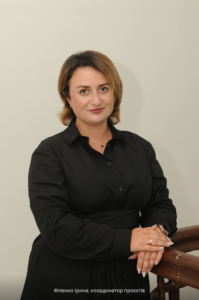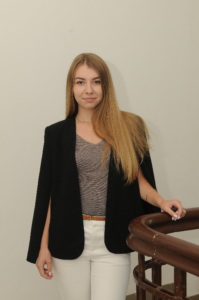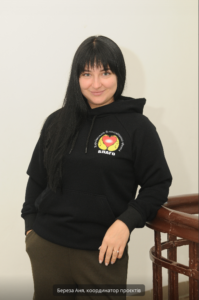Donors, Hello!
We are the Kharkiv Charitable Foundation Blago and we are working to make this world a better and safer place.

Our team
The foundation’s team consists of more than 35 people: the president of the foundation, chief accountant, accountant, project managers, monitoring specialist, procurement specialist, PR manager, consultant on partnership and advocacy policies, social workers, psychologists, lawyers, storekeeper, and mobile outpatient clinic driver. There are also medical staff, specialists in working with children and volunteers.

Kazus Volodymyr
Project Coordinator

Filenko Iryna
Project Coordinator

Sereda Yelyzaveta
Project Coordinator

Bereza Anya
Project Coordinator

Shaparova Alina
Project Coordinator

Mohylka Oleksandr
Project Coordinator

Hruyenko Iryna
Project Coordinator
History of our charitable foundation
The foundation’s work began in 2006, when the Alliance for Public Health supported the first HIV prevention project.
In 2009, we opened the Orion Centre for the LGBT community and people in the sex business. The centre provided training on HIV and sexually transmitted diseases prevention, HIV testing, psychological and legal counselling, and other activities aimed at maintaining health and supporting communities.
In 2008, we received a mobile outpatient clinic. A mobile outpatient clinic is a bus, a medical office on wheels. We were the first in Ukraine to make night visits to sex workers and medical examinations by gynaecologists and dermatologists on the streets. The Mobile Outpatient Clinic also provides consultations with psychologists and social workers, HIV testing, and distributes humanitarian aid and tools to combat HIV infection.
In 2013, our foundation launched a unique project for Ukraine – the Social House. It was inspired by the examples that the head of the foundation had seen during exchange programmes in the United States and Germany.
The project envisaged the creation of an institution that would combine the services of various NGOs under one roof to help those in need and address the most pressing issues facing society.
With the financial support of the East-West AIDS Foundation and the Kingdom of the Netherlands, the Compass Centre for Emergency Social Assistance to Children was opened in the Social House, which for 8 years has been a social bridge between children and government agencies. Adolescents in conflict with the law or at risk of getting involved in drug addiction and delinquency received a range of services: from sanitary and hygienic care and medical check-ups to psychologist and lawyer services, participation in family conferences, involvement of a school leader, hiking and other developmental activities. The centre was open until the start of the war.
In 2015, with the support of the European Commission and UNICEF, the infrastructure for the transit centre was created and the Youth Club started operating. We helped the first internally displaced people integrate into Kharkiv life and build their social ties. We paid special attention to young people and students. During this time, 650 square metres of premises were repaired and prepared for the provision of services to people: halls for group work and training; rooms for individual consultations, a dining room, and sanitary and hygienic infrastructure. It was then that the Social House began to fully meet the idea: its premises and infrastructure were used to help people not only by the foundation’s team, but also by specialists from other partner foundations.
Also in 2014, a service centre for drug addicts called ‘Visit’ was launched. There, psychologists and social workers provide counselling to injecting drug users and people in their immediate environment, test for HIV and viral hepatitis, conduct needle exchange, and screen for tuberculosis.
The war has changed the formats of our work, but it has not changed our desire to help people.
